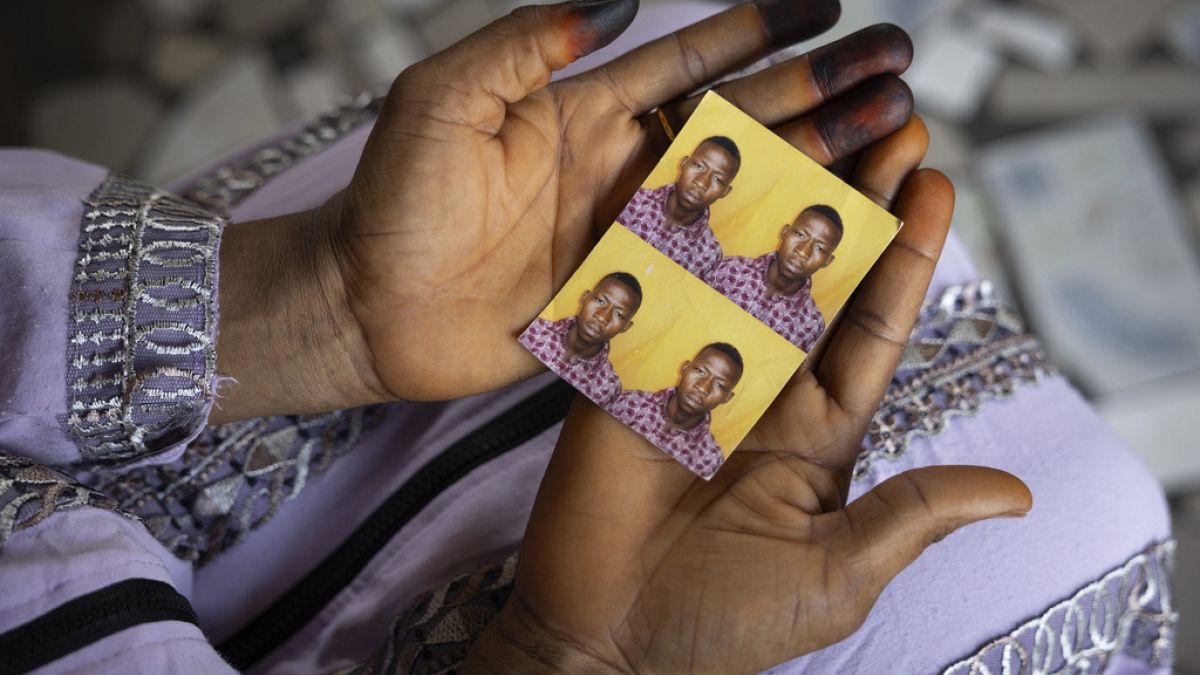The death of Ousmane Sylla, a 21-year-old Guinean detainee, at a detention and deportation centre on the outskirts of Rome in February has brought attention to the conditions inside these migrant jails and raised concerns about Italy’s migration policy. Established in 1999, these centres have been criticized as “black holes for human rights” by activists and lawyers. The Italian government views them as essential for deterring migrants from crossing the Mediterranean on smuggler’s boats.
Sylla’s journey from Guinea to Italy began in 2022, driven by a desire to pursue his dreams of becoming a successful singer. After facing challenges and dangers crossing the Sahara and the Mediterranean, he reached Italy in July 2023. However, upon reaching the French border, he was rejected and sent to a violent and dysfunctional centre for underage migrants in Cassino. Witnesses reported that Sylla was repeatedly beaten by other migrants in this facility.
Despite concerns raised by lawyers about Sylla’s mental health, his transfer to a specialised facility was denied, and he spent the last four months of his life in detention and deportation centres in Trapani and Rome. Witnesses revealed that Sylla was taking medication for his mental health issues and had experienced a riot in the Trapani facility prior to being transferred to Ponte Galeria near Rome. Tragically, four days later, he took his own life.
Italy currently has 10 detention centres for migrants with a capacity to hold 700 individuals. The primary aim of these centres is deportation, yet data from the Interior Ministry shows that only 52% of migrants are successfully expelled. The remaining individuals are often released with self-expulsion orders, leaving them unable to work or regularise their status. Human rights organizations have long criticized the squalid conditions inside these centres and the lack of access to proper health services, lawyers, and relatives.
Over the years, Italy’s detention centres have seen numerous deaths, suicides, suicide attempts, and self-harm episodes. Sylla’s relatives blame the Italian government for his death, expressing anger and frustration over the treatment he received while in detention. The lack of adequate care, over-prescription of psychiatric drugs, and limited access to legal and family support are longstanding issues within these facilities that continue to face scrutiny and criticism.
The tragedy of Ousmane Sylla’s death has shed light on the harsh reality faced by migrants in Italy’s detention and deportation centres. His story is a stark reminder of the challenges and dangers that migrants encounter on their journeys, as well as the flaws and shortcomings in the country’s migration policies. As authorities face mounting pressure to reform these centres and improve conditions for detainees, the need for greater oversight, accountability, and respect for human rights remains paramount.











